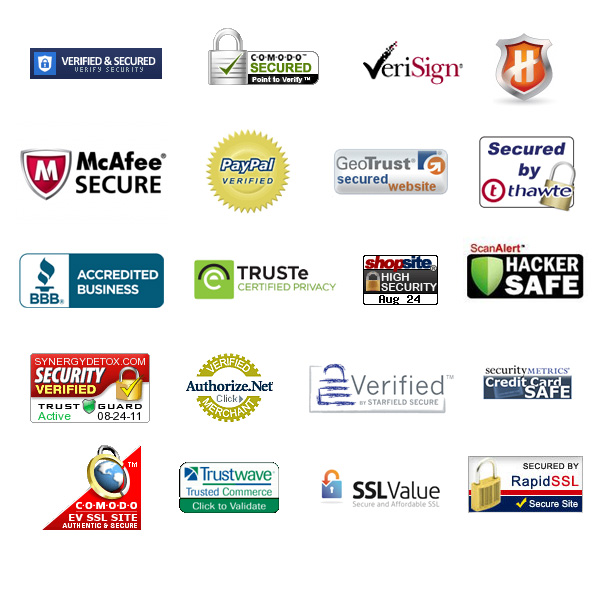Hey Alex!
Good question - our fear with social icons with links is that we’ve just lost the attention of a paid visitor. Like you mention, this = bad. Also, this now gives facebook the opportunity to serve other ads, potentially ads of our competitors, to our now ‘bounced’ visitor.
I would assume that social icons without links might seem ‘broken’ and perhaps cause a negative experience? We sometimes push our customers to get more reviews on Google, or on other review sites which we then showcase on the landing page as a badge “Rate 4.6/5 on RateMDs” for example.
Would love to know what others think!
Great question, @Alex_Scovell! We also struggle to get trust logos from some clients. It amazes me how difficult it can be sometimes.
When you mentioned social icons, the first thing I thought of is exactly what @Stefano pointed out, that they can create “page leaks” and take people off-site never to be seen again. So personally, I’m not a fan of traditional social icons or links on a dedicated landing page.
As a fair compromise, if a client doesn’t have any certifications, affiliations, awards, or partnership logos we can use, our second best bet is to see if they have any client or customer logos they can highlight (with permission of couse).
You see this quite often on SaaS pages, where they say “Trusted by…” and they have logos from Disney, Microsoft, Spotify, etc. It works quite well. Here’s an example from InVision’s homepage:
And then as a last resort, if we can’t even get client/customer logos, we’d recommend using a security badge in some cases, like these:

Not ideal, but sometimes better than nothing. But we’d always push for the certifications, affiliations, awards, or partnership logos first and foremost. And we never link any of these elements out to external pages.
Hey @Alex_Scovell,
I’ve actually tested this with eCommerce clients (product pages, etc.) and to be honest it can go either way.
It really comes down to 1.) how recognizable the brand is & 2.) the number of social shares (ex. if you have a facebook widget/icon with the number 4 next to it that can actually have the opposite effect. As opposed to having the social counter showing 12345).
I’ve seen plenty of heatmaps where the clicks on these social icons is negligible so leaking traffic won’t be the biggest issues. Plus, if you have your retargeting setup right you can get/target most if these visitors again.
Now… when it comes to landing pages it really depends on the offer I think. If you are pushing an ebook, you want to show potential visitors that other have downloaded/read the said book.
Last but not least, alternatively if your client has been in business for some time, it should be fairly easy to setup an email asking past clients for a quick review/testimonial. If that doesn’t get you the results, you can always sweeten the deal with a few Amazon gift cards. That for some reason pushes people to act 😉
Since this has gotten pretty long… heatmaps might be your best source of insight here. Running an A/B test, I’m afraid won’t be very productive. Any change, assuming there is one, would be negligible and you would need 100s of 1000s of visitors to be able to prove it either way.
Best,
Hristian
Hi Alex,
Like everyone else, the fear of having a visitor bounce from your page to another because the page has a link and/or social icon is to real. I agree with @Hristian when he mentioned if the brand is recognizable and the number of social shares are high enough that can have a positive impact.
In the vertical I am currently marketing for, the brand is well known and we have a large following on our social pages. So, we decided not to place the icons on the landing page but place them on our “Thank You” page (we do email capture campaigns). We have seen conversions from shared landing pages gone up because of this. So, I would say social icons do still play a role as a trust symbol but there is nothing like working with a strong brand to compliment it.


